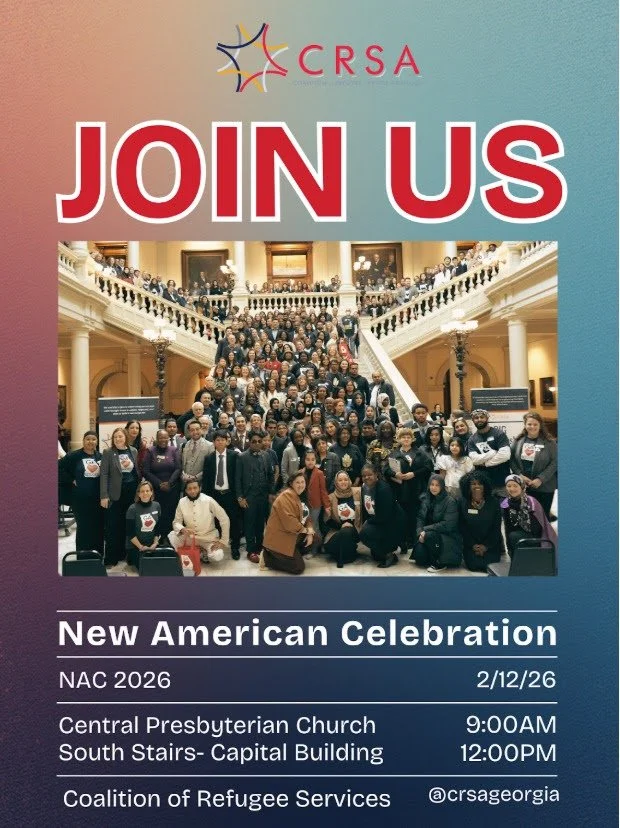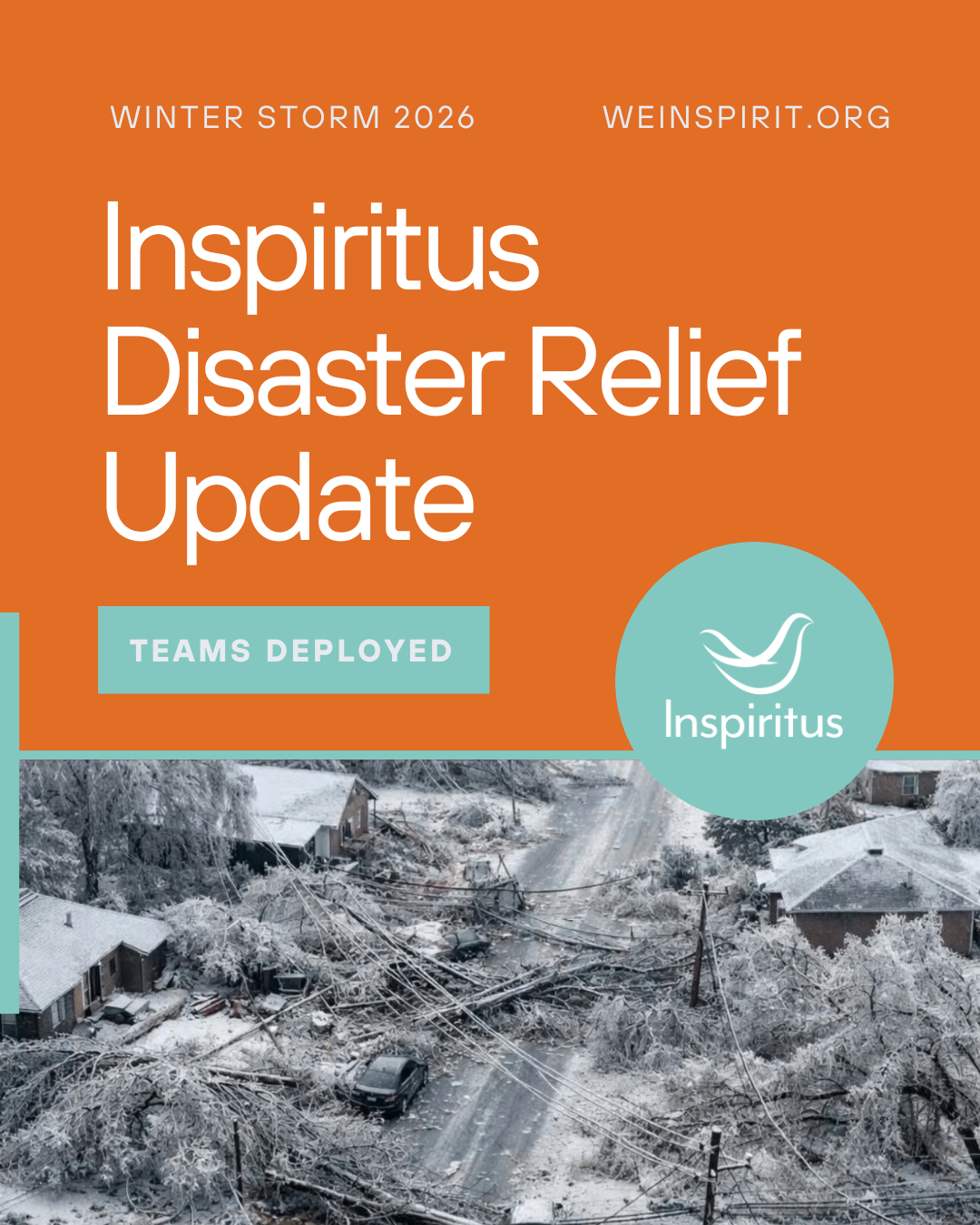"Why You Should Care" - A Call to Mercy, Pt. 3
/For two weeks, U.S. immigration attorney and Honduran native Killa M. will share her reflections on life in Honduras and on showing mercy to unaccompanied children in "A Call to Mercy", a four-part LSG blog series. Click to read part one and part two.
Disclaimer: The views and opinions expressed in this article are those of the author and do not necessarily reflect the official policy or position of Lutheran Services of Georgia.
I’m not a sociologist, nor have I studied the development of violent crime as an academic subject. If you’re reading this article, chances are you’re already aware that Honduras is known as the “Murder Capital of the World”. According to the most recent UN study, the murder rate in Honduras is 90 out of 100,000 people. In second place by a large margin is Venezuela with 43 per 100,000 people. By comparison, the rate in the U.S. is currently close to 5 per 100,000 people.
Nevertheless, I’m not writing this article to give you an in-depth analysis of all the factors contributing to the violence that might cause a child to migrate. All I am offering is my personal experience: what I’ve lived through, what I’ve seen, and the stories of my friends, family, and those I serve. I wrote this article to help you understand why children arriving at our doorsteps need mercy, and why you should care. Should people in the United States share responsibility for the fact that the Honduran government is corrupt and the country overrun by drug lords? Should Americans take some responsibility for the fact that people’s lives are at risk in Honduras? It is noteworthy that the United States is the world’s largest consumer of cocaine and a major consumer of many other drugs. Every ounce snorted by Americans is tainted with the blood of innocent people that die because that garbage is trafficked through our land. However, that is just one factor, albeit a significant one, that drives violence in Honduras. Yet I believe that, if you are a follower of Christ, your reaction should not hinge on whether or not you had “anything to do with” causing the violence. Instead, if you are a follower of Christ, you should desire to be merciful like our Father is merciful.
God is not impressed with our lofty acts of sacrifice, or how often we go to church, or how many hours we spend in prayer. In Hosea 6:6, God tells us that he desires mercy, not sacrifice. Near and dear to God’s heart especially are the widow, the orphan, and the alien. James 6:27 explains that “pure and undefiled religion in the sight of our God and Father is this: to visit orphans and widows in their distress, and to keep oneself unstained by the world.” Moreover, Deuteronomy 10:18 says of God: “He executes justice for the orphan and the widow, and shows His love for the alien by giving him food and clothing.”
It is appalling to me that people in the church would remain silent in the face of such injustice and distress. It’s shocking to see people who claim to be followers of Christ traveling to the border to yell unwelcoming and insulting words at children. Many people come to me and say, “But they broke the law! Doesn’t God command us to obey our local authorities?” To answer that question, I look at the Bible and the U.S. legal system. While Romans 13 does command Christians to abide by the law, this commandment cannot be taken out of context. In all of history there have been laws all over the world that fall short or are contrary to God’s law. Let’s remember the story of Shadrach, Meshach, and Abednego—three law breakers who refused to bow down to an egotistical king because it went against God’s command to worship no one aside from him. You cannot ignore God’s law simply to honor human-made laws.
Check back on Thursday, September 25, for part four of "A Call to Mercy". Click to read part one and part two. If you have questions about this blog series or for Killa, please contact Abi Koning, Communications Coordinator, at akoning@lsga.org.













